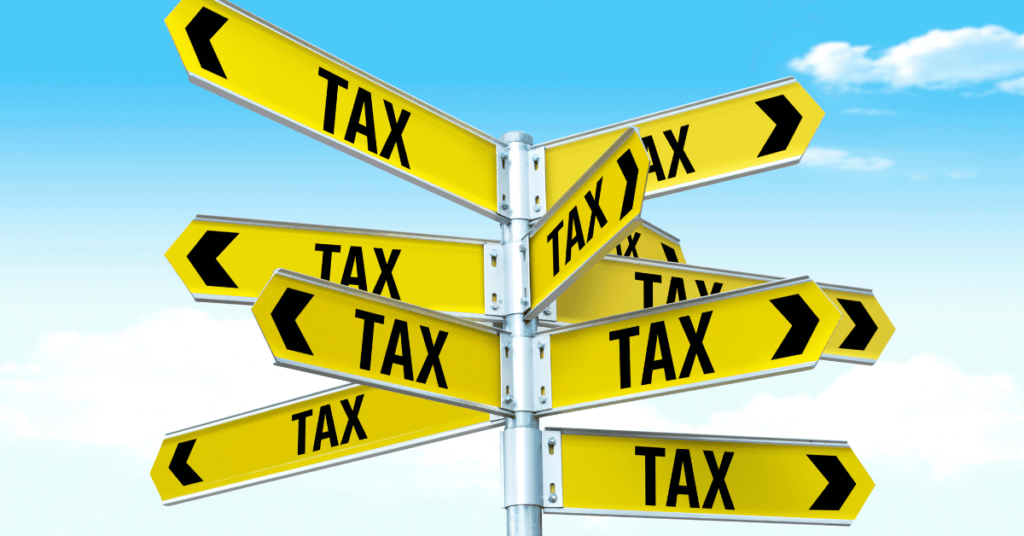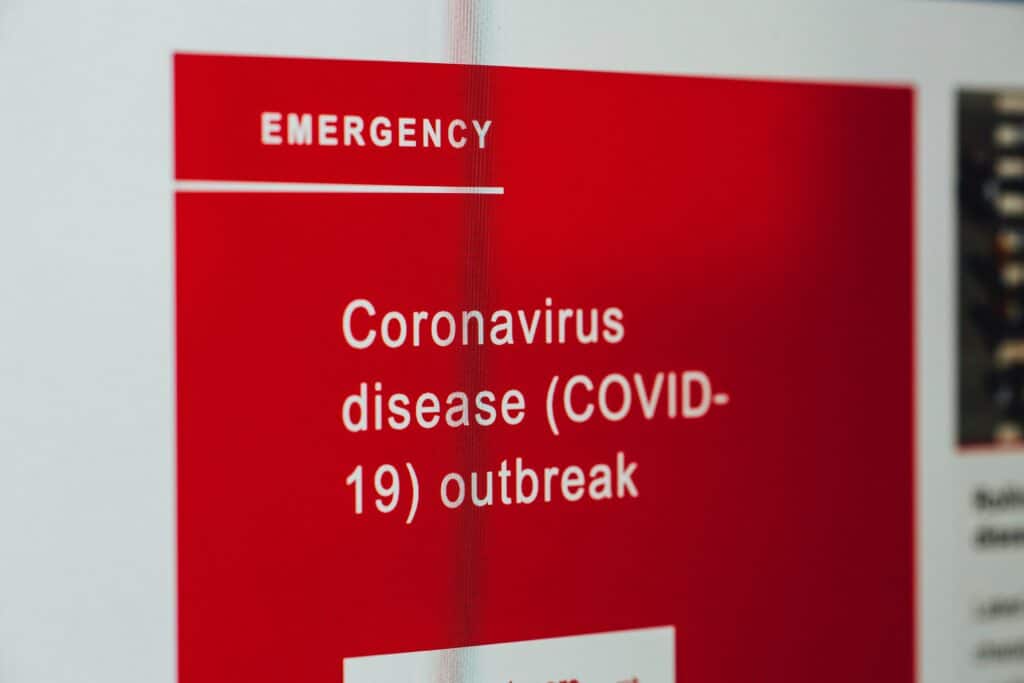Introduction Article 107(3)(a) areas and the outermost regions of the EU [defined in Article 349 TFEU] are more favourably treated under State aid rules. But they still have to comply with the terms of Commission authorising decisions. In case regional State aid is found to be incompatible with the internal market, their regional handicaps cannot justify any leniency in the […]
State Aid Law
Blog
State Aid Uncovered Blog
In Lexxion’s State Aid Uncovered blog, Prof. Phedon Nicolaides publishes weekly critical analyses of recent State aid judgments and decisions. Each post presents the key points of a court judgment or EU Commission decision, places it in the context of similar case law or practice, assesses the underlying reasoning and highlights any inconsistencies or contradictions.
Guest contributions from other State aid experts will also be published on the blog at irregular intervals to complement the content of the blog posts.
- absolute impossibility ×
1. June 2021 |
State Aid Uncovered
by Phedon Nicolaides
It is not sufficient to claim that is it absolutely impossible to recover incompatible State aid. It must be shown that alternative methods have been actually tried without success. Introduction It is rather impossible for Member States to prove that it is absolutely impossible to recover State aid that has been found by the Commission, and confirmed by EU courts, […]
5. May 2020 |
State Aid Uncovered
by Phedon Nicolaides
Legal and practical difficulties in the recovery of incompatible State aid do not constitute justifiable “absolute impossibility”. Temporary Framework On 1 May, the total number of State aid measures to combat covid-19 approved by the European Commission reached 102. Their legal basis was: Article 107(2)(b): 9; Article 107(3)(b): 86; Article 107(3)(c): 7 Introduction The 2020 Temporary Framework for State […]
31. March 2020 |
State Aid Uncovered
by Phedon Nicolaides
Compensation for costs incurred as a result of a natural disaster is State aid. The compensation must be for damage directly caused by the natural disaster. Introduction State aid to make good the damage caused by an “exceptional occurrence” such as the corona virus covid-19 is compatible with the internal market. The legal basis for exemption is Article 107(2)(b). Of […]
- absolute impossibility ×
11. October 2022 |
by Phedon Nicolaides
Introduction Article 107(3)(a) areas and the outermost regions of the EU [defined in Article 349 TFEU] are more favourably treated under State aid rules. But they still have to comply with the terms of Commission authorising decisions. In case regional State aid is found to be incompatible with the internal market, their regional handicaps cannot justify any leniency in the […]
1. June 2021 |
State Aid Uncovered
by Phedon Nicolaides
It is not sufficient to claim that is it absolutely impossible to recover incompatible State aid. It must be shown that alternative methods have been actually tried without success. Introduction It is rather impossible for Member States to prove that it is absolutely impossible to recover State aid that has been found by the Commission, and confirmed by EU courts, […]
5. May 2020 |
State Aid Uncovered
by Phedon Nicolaides
Legal and practical difficulties in the recovery of incompatible State aid do not constitute justifiable “absolute impossibility”. Temporary Framework On 1 May, the total number of State aid measures to combat covid-19 approved by the European Commission reached 102. Their legal basis was: Article 107(2)(b): 9; Article 107(3)(b): 86; Article 107(3)(c): 7 Introduction The 2020 Temporary Framework for State […]
31. March 2020 |
State Aid Uncovered
by Phedon Nicolaides
Compensation for costs incurred as a result of a natural disaster is State aid. The compensation must be for damage directly caused by the natural disaster. Introduction State aid to make good the damage caused by an “exceptional occurrence” such as the corona virus covid-19 is compatible with the internal market. The legal basis for exemption is Article 107(2)(b). Of […]
- absolute impossibility ×
11. October 2022 |
by Phedon Nicolaides
Introduction Article 107(3)(a) areas and the outermost regions of the EU [defined in Article 349 TFEU] are more favourably treated under State aid rules. But they still have to comply with the terms of Commission authorising decisions. In case regional State aid is found to be incompatible with the internal market, their regional handicaps cannot justify any leniency in the […]
1. June 2021 |
State Aid Uncovered
by Phedon Nicolaides
It is not sufficient to claim that is it absolutely impossible to recover incompatible State aid. It must be shown that alternative methods have been actually tried without success. Introduction It is rather impossible for Member States to prove that it is absolutely impossible to recover State aid that has been found by the Commission, and confirmed by EU courts, […]
5. May 2020 |
State Aid Uncovered
by Phedon Nicolaides
Legal and practical difficulties in the recovery of incompatible State aid do not constitute justifiable “absolute impossibility”. Temporary Framework On 1 May, the total number of State aid measures to combat covid-19 approved by the European Commission reached 102. Their legal basis was: Article 107(2)(b): 9; Article 107(3)(b): 86; Article 107(3)(c): 7 Introduction The 2020 Temporary Framework for State […]
31. March 2020 |
State Aid Uncovered
by Phedon Nicolaides
Compensation for costs incurred as a result of a natural disaster is State aid. The compensation must be for damage directly caused by the natural disaster. Introduction State aid to make good the damage caused by an “exceptional occurrence” such as the corona virus covid-19 is compatible with the internal market. The legal basis for exemption is Article 107(2)(b). Of […]






